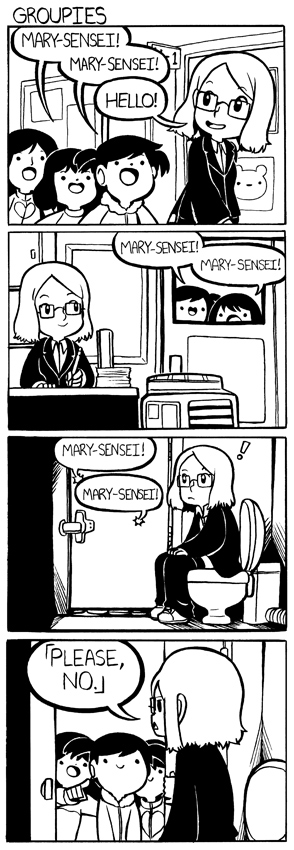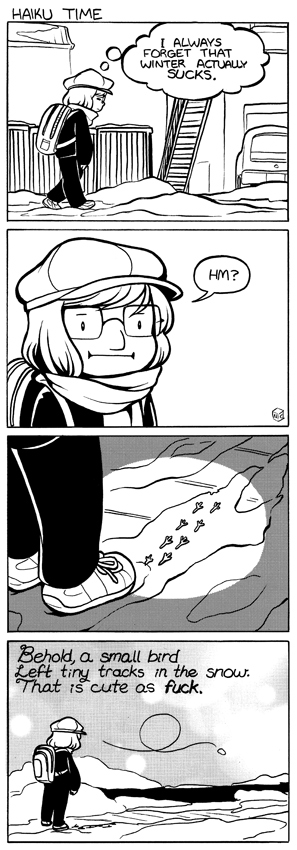a play by Oleg Gerasimov
songs by Vladimir Vysotsky
Что остаётся от сказки потом,
После того, как её рассказали?
What remains of the tale
After the tale was told?
Tamara asked, “Is there a way of saying «банка из-под варенья» in English? Or Spanish?”
No, there isn’t. (Yes, I checked with Spanish speakers.)
In Russian, «банка варенья» (without any preposition) means “a jar of jam” while «банка из-под варенья» means “an empty jar which formerly contained jam”. Here, из-под points to the former use of the jar as a container. (Yes, in Russian it is also possible to say «банка для варенья», that is, jam jar).
Of course, this is not only about jam jars. In English, an (empty) beer bottle (“a bottle designed as a container for beer”) is clearly different from a (full) bottle of beer; a wine glass (“a type of glass that is used to drink and taste wine”) is not the same as a glass of wine. The same story with their Russian equivalents: «пивная бутылка» vs «бутылка пива», «винный бокал» vs «бокал вина». In Russian, we use adjectives (пивная, винный) to indicate the purpose of a container. Likewise, in English, we use words beer and wine as adjectives by placing them before the nouns. This still doesn’t provide an elegant way to translate, say, the lines by Bulat Okudzhava:
В склянке тёмного стекла из-под импортного пива...
In a dark glass bottle of for which previously contained imported beer...
In a dark-glass imported-beer bottle...
Nah.
Why did we talk about that in the first place? Because of a Russian meme:
Банки из-под варенья никогда не бывают пустыми.
It could be roughly translated as “jam jars are never empty”.
Google it. In many cases, it is attributed to Lewis Carroll. In fact, it comes from Алиса в стране чудес, the Soviet-era musical adaptation of Alice in Wonderland, released in 1976 as a double LP. It was created by Oleg Gerasimov (1929—1997), actor and director of Moscow Art Theatre (МХАТ), and contained songs by Vladimir Vysotsky (1938—1980). Both Gerasimov and Vysotsky were among the voice actors in the play. I was introduced to it in 1977 by my cousin and, after a few listenings, knew it by heart (as, I’m sure, did millions of Soviet citizens). For me, it was also the first encounter with Carroll’s story.
Back to our meme: What did Carroll actually say about the jar?
She took down a jar from one of the shelves as she passed; it was labelled “ORANGE MARMALADE,” but to her great disappointment it was empty: she did not like to drop the jar for fear of killing somebody underneath, so managed to put it into one of the cupboards as she fell past it.
To my great disappointment, jars are never mentioned again.
OK, I thought, maybe the theme of jars was further developed by Russian translators. The play was based on work by Nina Demurova. Here:
Пролетая мимо одной из полок, она прихватила с неё банку с вареньем. На банке было написано «АПЕЛЬСИНОВОЕ», но увы! она оказалась пустой. Алиса побоялась бросить банку вниз — как бы не убить кого-нибудь! На лету она умудрилась засунуть её в какой-то шкаф.
Well, this is quite faithful to the original. Just in case, I had a look at another Russian translation of Alice that was widely available in the USSR at the time, viz. that of Boris Zakhoder:
С одной из полок Алиса сумела на лету снять банку, на которой красовалась этикетка: «АПЕЛЬСИНОВОЕ ВАРЕНЬЕ». Банка, увы, была пуста, но, хотя Алиса и была сильно разочарована, она, опасаясь ушибить кого-нибудь, не бросила её, а ухитрилась опять поставить банку на какую-то полку.
Finally, I checked out the version by Vladimir Nabokov:
Она падала вниз так плавно, что успела мимоходом достать с одной из полок банку, на которой значилось: «Клубничное варенье». Но, к великому её сожалению, банка оказалась пустой. Ей не хотелось бросать её, из боязни убить кого-нибудь внизу, и потому она ухитрилась поставить её в один из открытых шкафчиков, мимо которых она падала.
Nabokov took the liberty to replace orange marmalade with strawberry jam, probably because he doubted that a seven-year-old girl (or any Russian reader) would fancy orange marmalade. Nevertheless, once again, this passage is the first and last time we hear about jars. We only can conclude that the maxim of never-empty jars was created by the play authors. Russian Wikipedia lists a number of other discrepancies with Demurova’s translation attribited to Gerasimov and Vysotsky.
What’s it all about? According to CliffsNotes (CliffsComplete Alice’s Adventures in Wonderland),
The jar in and of itself is only a jar. Placing a label on it that reads “ORANGE MARMALADE” might indicate that the object we call a jar contains a substance called marmalade. However, this jar contains nothing, rendering the label deceptive. The label would more accurately read “Empty.”
Yes, that would be more accurate but not 100% accurate. Now it is technically possible to clean and evacuate a jar (which formerly contained marmalade, jam etc. etc.), say using a vacuum pump. But it still won’t be completely empty, completely free of its past content, of its past story.
Так что же остаётся, когда съедена банка варенья? Что останется, когда спета песня?
So what remains when a jar of jam is eaten? What will remain when the song is sung?
Alice, you may recall, asks a lot of questions.






:format(jpeg):mode_rgb():quality(40)/discogs-images/R-9224847-1477332117-5973.jpeg.jpg)






